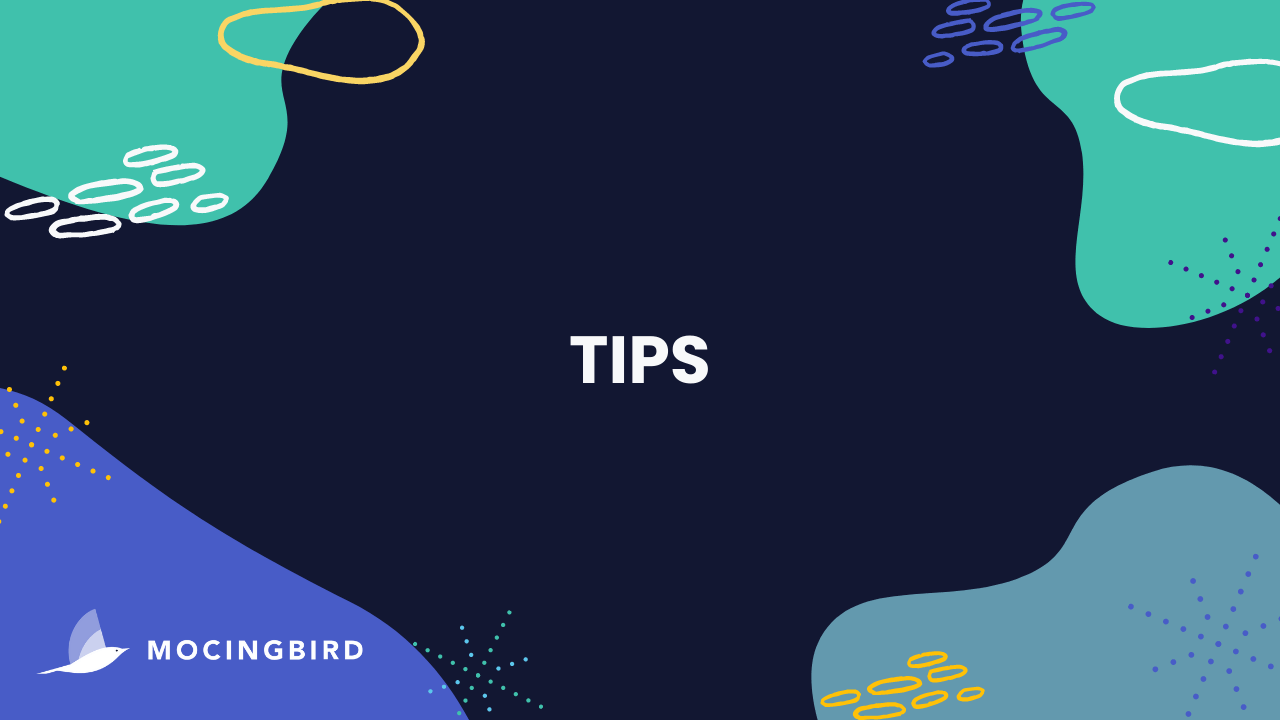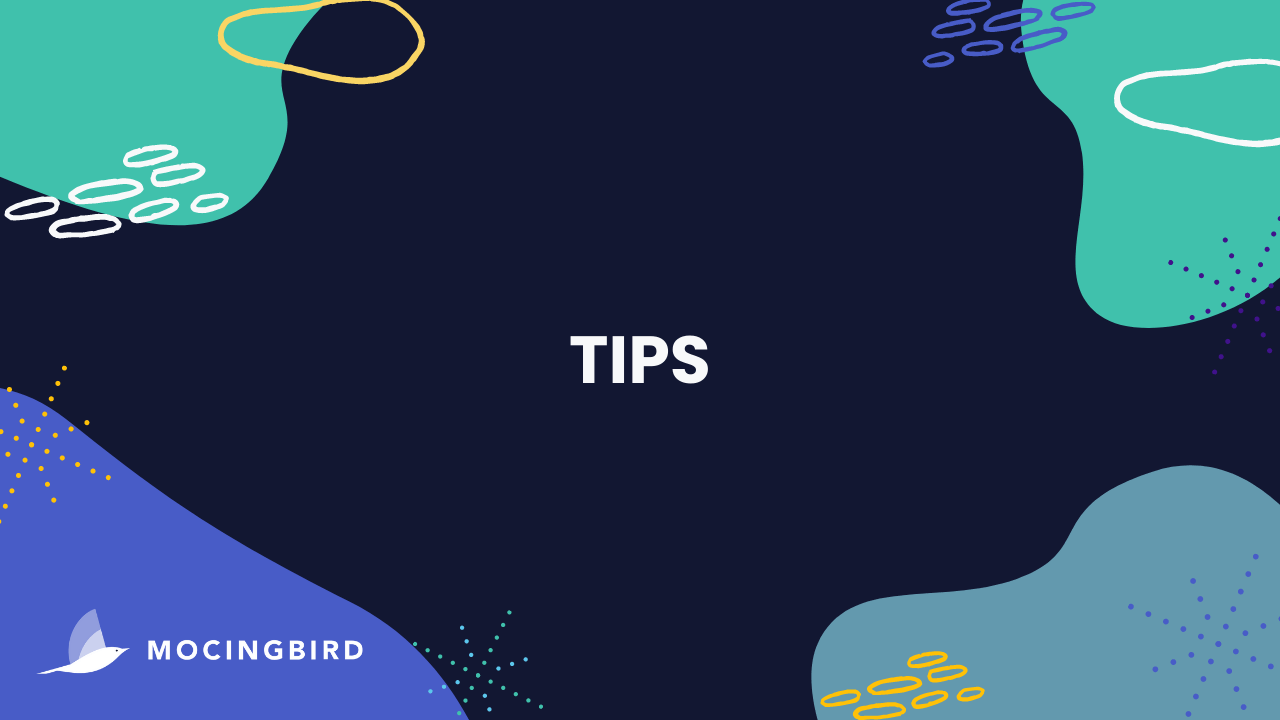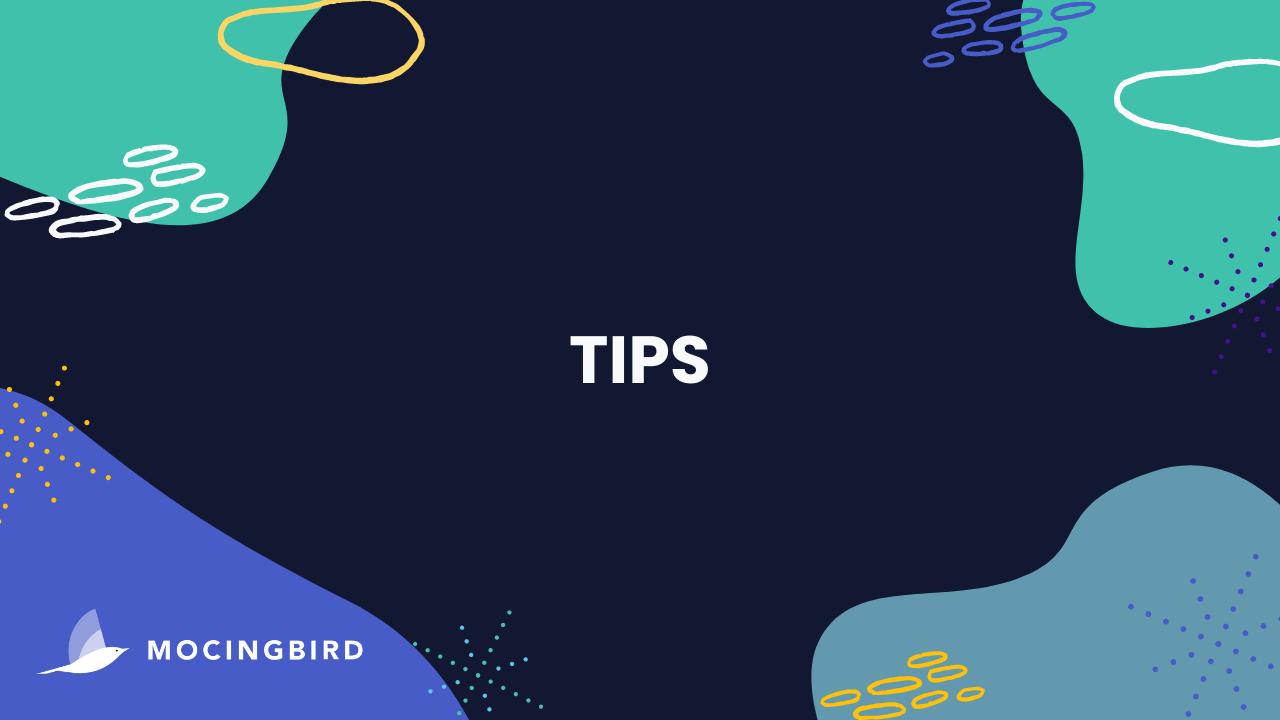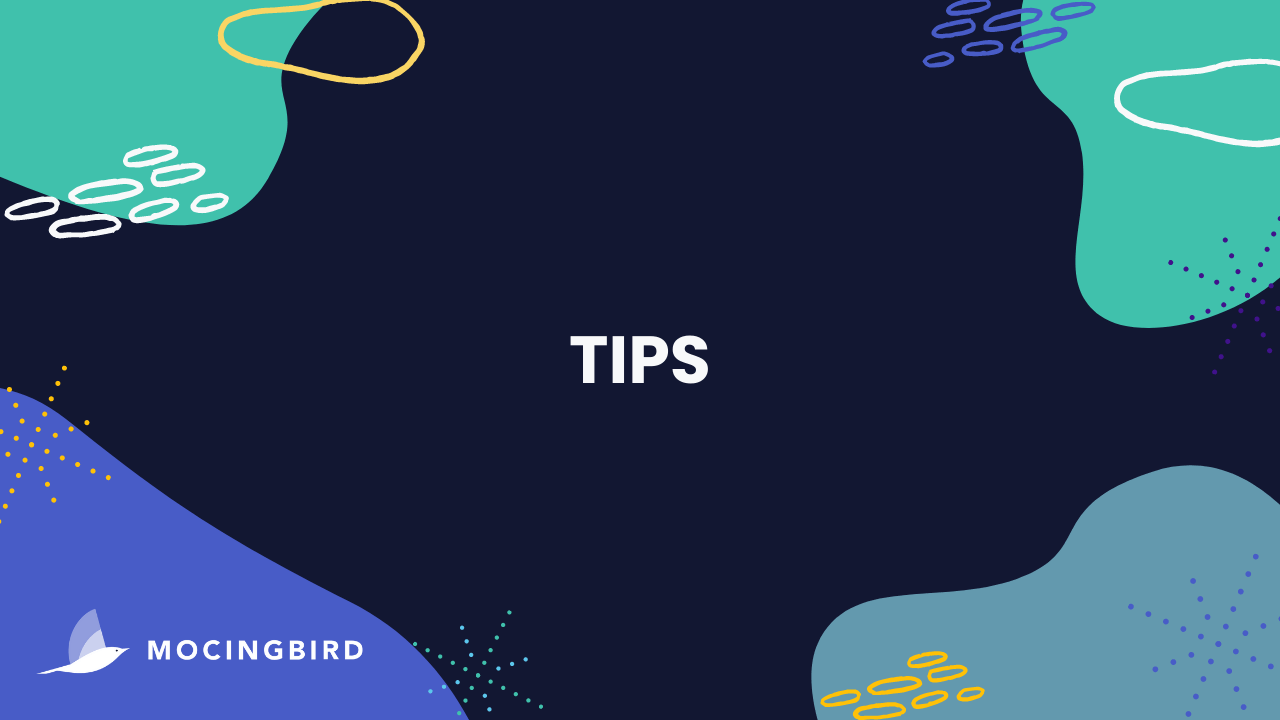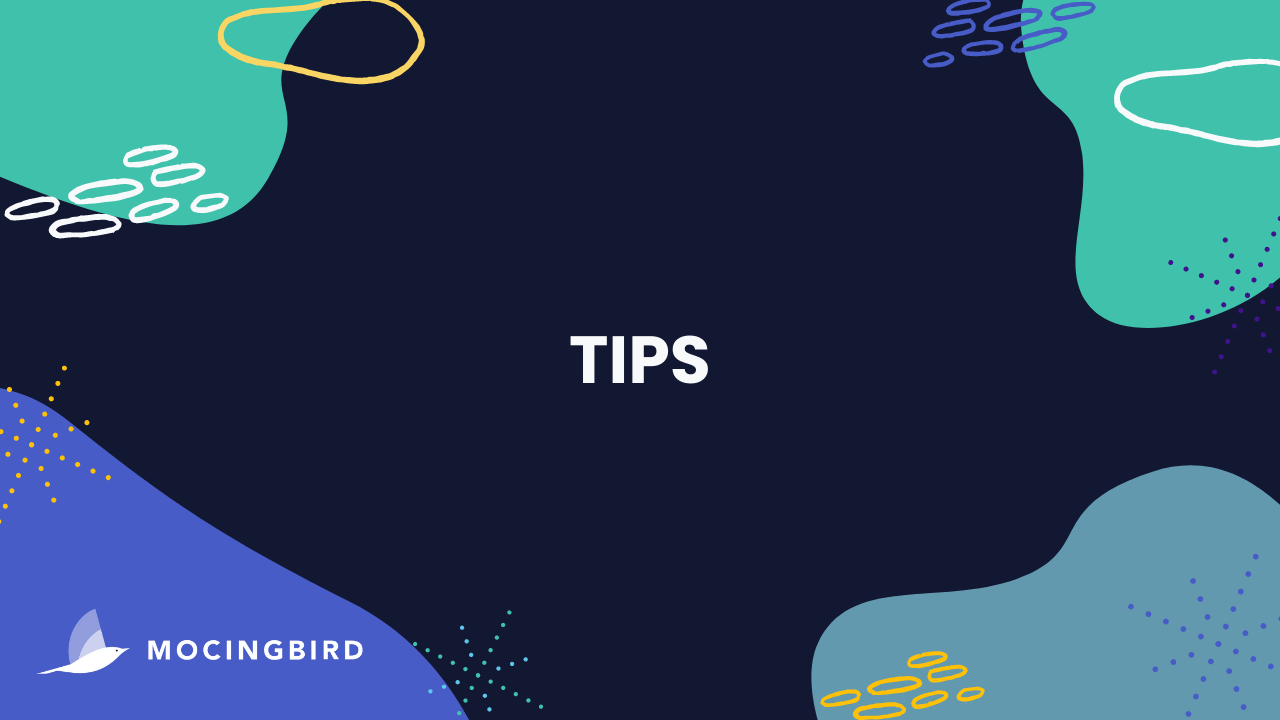In order to legally practice medicine, all physicians must obtain licensure. The process is a rigorous one. Here's what you need to know...
The Mediterranean diet is more than a dietary pattern; it’s the heritage of millennia of exchanges of people, cultures, and foods of all countries around the Mediterranean basin.
The health benefits associated with it have been established by the pioneer Seven Countries Study, followed by numerous other ones. More specifically, it’s been proven to reduce the risk of developing metabolic syndrome, type 2 diabetes, cardiovascular disease, some neuro-degenerative diseases, and cancers. In 2010, the Mediterranean diet was also recognized as an Intangible Cultural Heritage of Humanity by UNESCO.
The Mediterranean Diet Pyramid
The Mediterranean diet pyramid provides both a qualitative and quantitative visual representation of the foods, their relative proportions, and the frequency of consumption.
At the base, we can find food items that should sustain the diet and provide the highest energy intake, and at the upper levels, foods to be eaten in moderate amounts or left for special occasions.
Every day
- Cereals: 1 or 2 servings per meal in the form of bread, pasta, rice, couscous, and others. Whole grain is to be preferred, as processing normally removes fiber and valuable nutrients like vitamins, magnesium, iron, etc.
- Vegetables: 2 or more servings per meal. One of the two servings should preferably be consumed raw, to ensure vitamin and mineral daily intakes.
- Fruit: 1 or 2 servings per meal. For both vegetables and fruits, it’s important to consume a “variety of colors and textures”, to ensure a variety of antioxidants and other protective nutrients.
- Dairy products should be consumed in moderate amounts (2 servings per day) in the form of milk, kefir, yogurt, and other fermented dairy products. Although they contribute to bone health due to their richness in Ca, they can be a major source of saturated fat.
- At the center of the pyramid, we find extra virgin olive oil, which, due to its high content in monounsaturated oleic acids and its abundance of antioxidants, should be the main source of dietary lipids and is recommended for both dressing and cooking as it’s highly resistant to elevated temperatures. EVOO has been proven to positively affect blood lipids and cardiovascular health, while also being inversely associated with some cancers.
- Olives, nuts, and seeds are a healthy snack choice, being good sources of healthy lipids, proteins, vitamins, minerals, and fiber.
- Onions, garlic, herbs, and spices enhance flavor and palatability while allowing for reduced consumption of salt, known to be one of the main contributing factors to hypertension among predisposed individuals.
- A daily intake of 1.5–2 L. of water (equivalent to 6-8 glasses), although needs may vary among people due to age, gender, physical activity, weather conditions, and other personal circumstances.
Weekly
- Legumes (more than 2 servings per week).
Traditionally, Mediterranean dishes do not have animal-origin protein foods as a main source of protein.
- Fish and shellfish (2 or more servings per week), as they have anti-inflammatory properties due to their content of long-chain n-3 PUFA, besides healthy protein and lipids. Their consumption has been proven to reduce the risk of coronary heart disease.
- White meat (2 servings per week) is also a good source of lean protein without the high levels of saturated fat found in some red meat cuts.
- Red meat (less than 2 servings per week, preferably lean cuts) and processed meats (less than 1 serving), as their intake has been consistently associated with some chronic diseases, including coronary heart disease and cancer.
Occasionally
Foods rich in sugars and unhealthy fat, such as candies, pastries, and beverages like sweetened fruit juices and soft drinks.
Cultural and lifestyle elements
There are cultural and lifestyle factors associated with this dietary pattern, such as moderation, a preference for seasonal, fresh, and minimally processed foods, the combination with physical activity (at least 30 minutes throughout the day), and socialization, since time devoted to meals, knowledge transmitted from generation to generation and conviviality are important for the social and cultural aspects of eating, positively affecting food behaviors and therefore health status.
This content is educational in purpose and not to be intended as medical advice.
Millions of Americans struggle to get a good night's sleep. While this can be due to many different factors, you can adopt habits to encourage better sleep. Here are eight tips to improve your sleep hygiene.
Know the circadian rhythm
The circadian rhythm is your “internal clock”, which helps regulate your sleep and wake cycles. It’s important to let light in first thing in the morning, as you wake up, and to get sunlight during the day (for example, by taking a walk after work) as it’s the vision of light that helps the brain coordinate this clock. On the other hand, in the evening, it’s important to keep away from bright lights and limit the exposure to electronics’ blue blight, as this will hinder the production of melatonin, a hormone that facilitates sleep. If you cannot avoid using screens 2 hours before bedtime, an inexpensive pair of blue-light-blocking glasses have been shown to improve the duration and quality of sleep.
Avoid caffeine, alcohol, nicotine, and other chemicals that interfere with sleep close to bedtime
Caffeine is a stimulant that can be found in coffee, tea, chocolate, and soda. If you drink coffee, it’s better to have your last cup before noon. Although alcohol may help you fall asleep, after a few hours it acts as a stimulant, increasing the number of awakenings and generally decreasing the quality of sleep later in the night.
Balance your fluid intake
Don’t drink too much water at bedtime as you might be awakened by the need for a trip to the bathroom.
Have a light dinner
Finish dinner several hours before bedtime and avoid foods that are spicy, difficult to digest or that might cause heartburn.
Create a consistent sleep schedule
Going to bed and waking up at the same time is the best and easiest way of synchronizing your circadian rhythm. If you must nap, it’s better to keep it short and before 5 PM.
Turn your bedroom into a sleep oasis
The best environment to promote sleep is a dark, cool, and quiet bedroom. To achieve this you can use heavy curtains, blackout shades, or even an eye mask to block light since light communicates to the brain that it is time to wake up. Earplugs or a "white noise" appliance can also help with any external sounds. The ideal temperature of the bedroom should be between 60 and 75°F and the room should be well ventilated. A comfortable mattress, pillows, and bedding are also important. Not using a computer or work materials in the bedroom will strengthen the mental association between the room and sleep.
Create a soothing sleep routine
Even something as simple as wearing pajamas, brushing teeth, and getting ready for bed can reinforce in your mind that it's bedtime. Some pre-sleep soothing activities include taking a bath (since the rise and subsequent fall in body temperature promotes drowsiness), reading a book, watching television with blue light blocking glasses, listening to soft music, or practicing relaxation exercises. Avoid stressful reading/TV content, doing work, or discussing emotional issues right before bed as these activities can lead to the secretion of the stress hormone cortisol, which increases alertness.
Don’t stress about falling asleep
If you find yourself struggling to fall asleep, try to stop focusing on the thought of falling asleep and instead try concentrating on relaxing yourself through breathing and meditation exercises. If after approximately 20 minutes you still cannot fall asleep, the best option is to get out of the bedroom and do a relaxing activity, such as reading or listening to soft music. Once you start getting tired again, go back to sleep in your bedroom.
This content is educational in purpose and not to be intended as medical advice.
https://www.cdc.gov/sleep/about_sleep/sleep_hygiene.html
